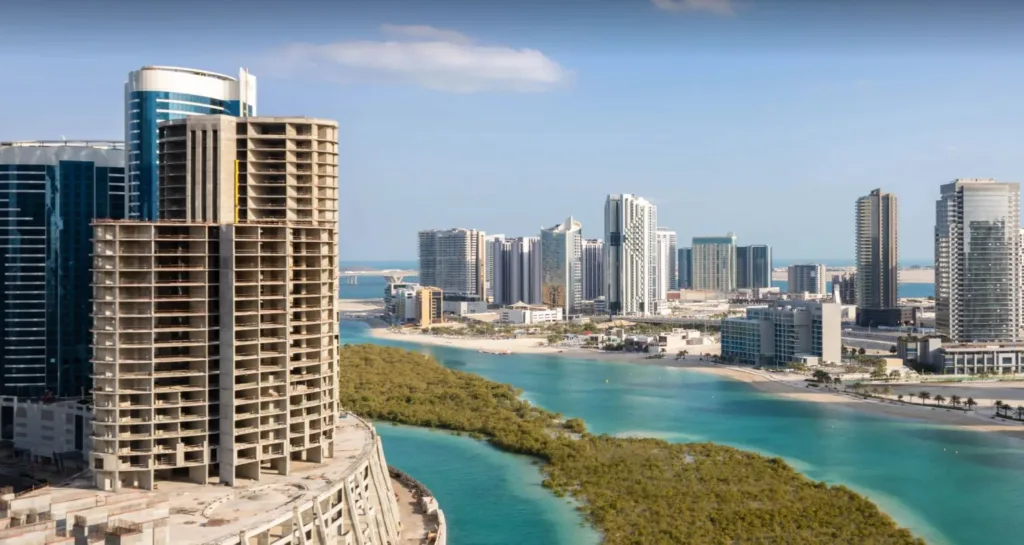Dubai: COP28’s Nature, Land Use, and Ocean Day witnessed a significant stride in global efforts to address climate change, with leaders endorsing commitments and pledges exceeding $186 million. Landmark commitments focused on forests, mangroves, landscape restoration, nature finance, and the ocean, emphasizing the crucial role of near-term action on nature to achieve Paris Agreement goals.
The day saw an endorsement of over $186 million in new financing for nature and climate, building on the $2.5 billion mobilized during COP28’s World Climate Action Summit (WCAS) on December 2. H.E Razan Al Mubarak, the UN Climate Change High-Level Champion for COP28, stressed the interconnectedness of climate and nature, stating, “There is no path to fulfilling the Paris Agreement and keeping 1.5°C within reach without protecting and restoring nature, land, and the ocean.”
Nature loss reversal is recognized as vital in mitigating climate change, providing over 30 percent of the action needed to limit the global temperature increase to 1.5°C by 2030. Nature preservation can unlock approximately US$ 10 trillion in new business opportunities and generate almost 400 million new jobs.
H.E Nana Addo Dankwa Akufo-Addo, President of the Republic of Ghana, applauded the COP28 Presidency for demonstrating real action for nature, backed by substantial financial commitments. He stressed the urgency, stating, “The journey to 1.5, as we all know, is not possible without nature, and this level of action must be expedited to achieve real progress by COP30.”
The commitments align with COP26 goals, where leaders agreed to halt and reverse deforestation by 2030. Earlier this year, the Global Biodiversity Framework (GBF) was adopted, aiming to protect 30 percent of the land and ocean by 2030, dependent on investment in and leadership from indigenous communities, safeguarding 80 percent of global biodiversity.
María Jose Andrade Cerda, an Indigenous woman from the Kichwa community of Serena, Ecuador, highlighted the importance of blending science and indigenous knowledge. COP28 reinforced the critical connection between humanity and nature, emphasizing its paramount importance for the future.
A joint statement between the COP28 Presidency and the Convention on Biological Diversity (CBD), chaired by the People’s Republic of China, was a significant policy outcome. The COP28 Joint Statement on Climate, Nature, and People was endorsed by 18 countries, signaling a commitment to coordinate and simultaneously implement nature and climate strategies.
The day also saw the expansion of the Mangrove Alliance for Climate (MAC), with 30 countries joining since COP27, totaling 37 countries, covering over 60 percent of the world’s mangroves. Additionally, 21 countries formally endorsed the Mangrove Breakthrough, solidifying the commitment to restoring and protecting 15 million hectares of mangroves globally.
The High-Level Ocean Panel for a Sustainable Ocean Economy, comprising 18 countries representing 50 percent of the world’s coastlines, announced the membership of the Organization of American States, collaborating for a 100 percent sustainable ocean economy.
Initiatives launched included the Forest Carbon Results and Credits roadmap, a call for sustainable wood in construction from 17 countries, and plans from over 150 businesses and financial institutions to set climate and nature targets.
Brazilian President Lula da Silva and the COP28 Presidency announced a two-year partnership to mobilize new resources and political support for nature on the road to COP30 in Belém. The global community now looks ahead to COP30 with a clear pathway for nature, land, and ocean preservation.
